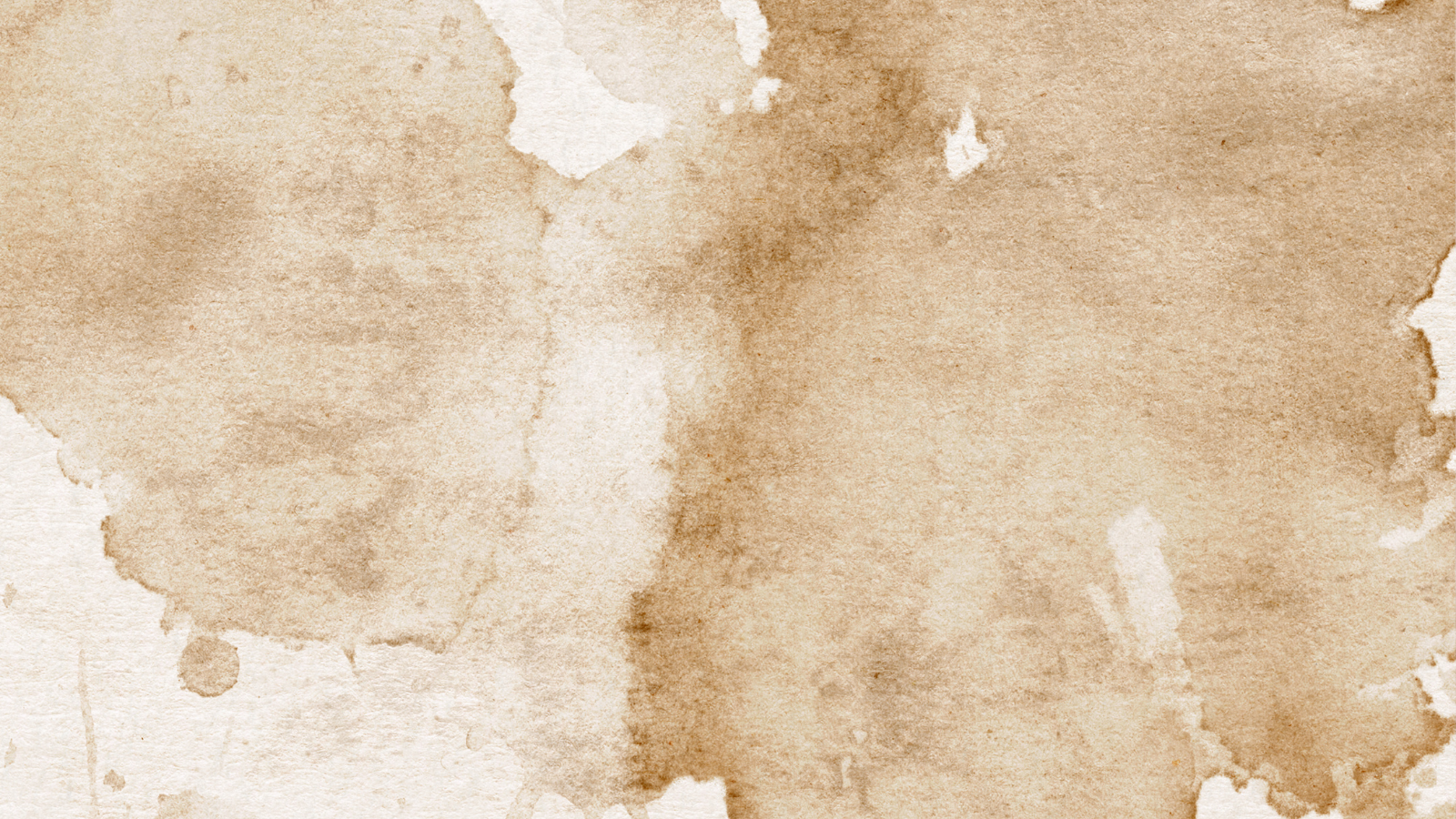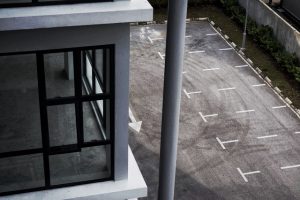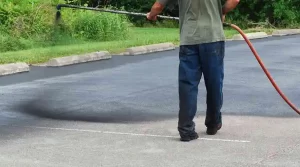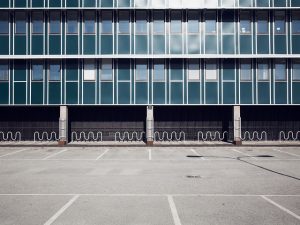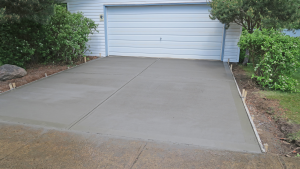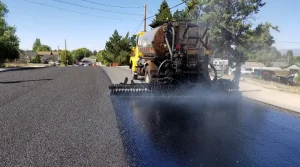Why Paver Appearance Matters
Your outdoor surfaces are more than just functional—they’re a reflection of your property’s care and aesthetic. Stains and discoloration can quickly turn a beautiful paver area into an eyesore, but with the right knowledge, you can keep your outdoor spaces looking pristine.
Understanding Paver Discoloration: The Basics
Pavers are durable, but they’re not invincible. Various environmental and human factors can cause unsightly stains and color changes. Let’s dive into the most common culprits and how to combat them.
The 9 Most Common Causes of Paver Discoloration
1. Weathering: Nature’s Slow Fade
- Sun exposure
- Extreme temperature fluctuations
- Rain and moisture
2. Water Stains: More Than Just Wet Spots
- Mineral deposit buildup
- Hard water residue
- Poor drainage areas
3. Organic Debris: Nature’s Unwanted Artwork
- Leaf stains
- Bird droppings
- Decomposing plant material
4. Oil and Grease: The Stubborn Intruders
- Vehicle leaks
- BBQ spills
- Cooking residues
5. Rust: The Metallic Menace
- Metal furniture
- Garden tools
- Outdoor equipment
6. Efflorescence: The Mysterious White Powder
- Salt migration
- Moisture interaction
- Natural paver composition
7. Chemical Reactions: Cleaning Gone Wrong
- Improper cleaning agents
- Pool chemicals
- Harsh detergents
8. Algae and Mold: The Green and Black Invaders
- Damp environments
- Lack of sunlight
- Poor air circulation
9. Installation Issues: The Hidden Culprit
- Uneven settling
- Poor base preparation
- Substandard materials
Expert Stain Removal Techniques
Cleaning Arsenal: Your Paver Protection Kit
- Mild detergent
- Pressure washer
- Specialized stain removers
- White vinegar
- Soft-bristled brush
- Protective sealant
Stain Removal Strategies for Every Type of Stain
Quick Reference Guide
- General Cleaning
- Regular sweeping
- Mild soap and water
- Gentle scrubbing
- Pressure Washing
- Annual deep clean
- Remove surface-level stains
- Restore original appearance
- Oil and Grease Removal
- Dish soap
- Degreaser
- Warm water solution
- Commercial oil stain removers
- Organic Stain Treatment
- Mild bleach solution
- Vinegar mixture
- Enzymatic cleaners
- Rust Elimination
- Specialized rust removers
- Oxalic acid solutions
- Professional cleaning services
Preventative Maintenance: Your Best Defense
Key Prevention Strategies
- Apply protective sealant
- Ensure proper drainage
- Regular cleaning
- Prompt stain treatment
- Minimize metal contact
- Trim surrounding vegetation
Frequently Asked Questions
Q: How often should I clean my pavers? A: Sweep weekly, deep clean quarterly, pressure wash annually.
Q: Can sealing prevent all stains? A: While not 100% foolproof, sealing significantly reduces stain penetration and makes cleaning easier.
Q: Are chemical cleaners safe for pavers? A: Always use pH-neutral, paver-specific cleaners. Test in a small, inconspicuous area first.
Cost Considerations
Stain Removal Options:
- DIY Cleaning: $50 – $200
- Professional Cleaning: $300 – $1,000
- Full Paver Replacement: $2,000 – $10,000
Preventative Maintenance Savings: Up to 70%
Conclusion: Preserving Your Paver Investment
Maintaining beautiful pavers isn’t about perfection—it’s about consistent care and quick action. By understanding potential stain sources and implementing proactive maintenance, you can keep your outdoor surfaces looking incredible for years.
Pro Tip: When in doubt, consult a professional paving service for personalized advice and advanced cleaning techniques.
Ready to Reclaim Your Paver’s Beauty?
Start with a thorough inspection, gather your cleaning supplies, and take the first step towards stain-free, stunning outdoor spaces!

